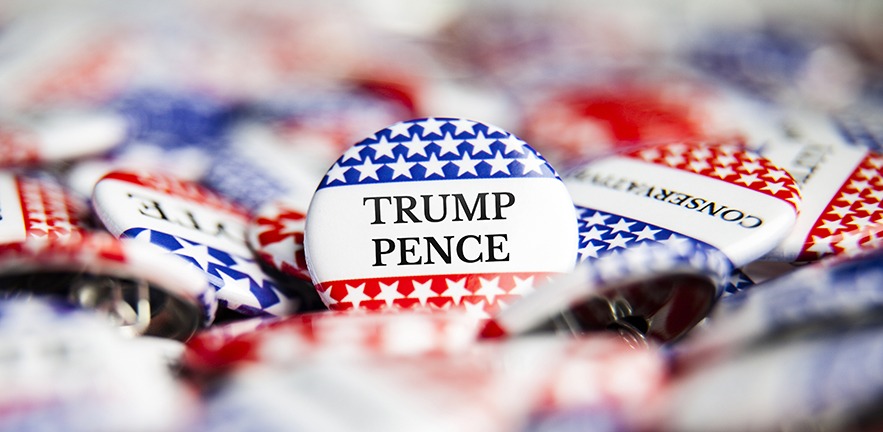Yes, Donald Trump was too alienating to win, but future populists may refine the Trump formula for even more divisive politics.
By Dr Thomas Roulet, University Senior Lecturer in Organisation Theory and Deputy Director of the MBA programme at Cambridge Judge Business School, and Fellow in Sociology and Director of Studies in Management at Girton College.

In 2016, I predicted in an opinion piece, a few days before the US election, that Donald Trump was underestimated in the polls. I mobilised a theory in the field of public opinion research – the spiral of silence – to argue that Trump’s supporters were remaining silent and under the radar.
Trump’s supporters were consistently presented as a minority, and thus ended up believing they were one. Because of Trump’s ideas being often in contradiction with broader social norms, supporting him was seen as involving a reputational penalty: his supporters felt vilified and as a consequence remained silent about their view – so it came as a surprise for many of them, and the pollsters, when their candidate won in 2016.
Once again in 2020, the polls were far off the mark, as they predicted a win for Joseph Biden of five to 10 percentage points over his opponent. Yes, Biden did win, but by a much smaller margin than what was anticipated – less than three per cent in the popular vote. So how come pollsters’ predictions were once again so far from reality? It might well be that in a similar fashion to what happened in 2016, many Trump voters were not keen to voice their support to pollsters because of the way they were depicted by the other side of the spectrum. Rudy Giuliani, Trump’s lawyer, in a press conference just after Election Day, played on this in addressing Trump supporters to galvanise them: “You know something, Democrats do think you’re stupid. And they do think you’re fools. That’s why you get called ‘deplorable’ and ‘chumps’”.
In my recent book, The Power of Being Divisive, I explain how leaders, in particular political elites, voluntarily take controversial positions to benefit from positive group identification and build a polarised pool of voters. Being controversial is often a way to appear distinctive to potential supporters, to “say the truth as it is”. But it appears that, this time around, Trump reached the limits of this strategy in failing to appeal to a broader range of voters.
We can often expect an inverted U-shape relationship between divisiveness and being perceived as a leader who can epitomise change – and this can apply to business and other sectors as well as politics. But if people go too far, to where divisiveness is perceived as erratic and unrealistic, this can alienate many people even while reinforcing core support.
Even in defeat, however, Trump’s divisive strategy will likely embolden future authoritarian leaders, and the danger is that some aspects of Trump’s strategy are likely to be improved upon by future populist copycats. Such refinement of divisive positioning could both retain the hardcore base and attract new supporters through more broadly appealing messages. So a word of caution to those currently celebrating Trump’s defeat: his style is likely to inspire future, even more successful, populist attempts – so the 2020 US election result could mark not the end, but rather the beginning, of a new era of divisive and dangerous politics.


